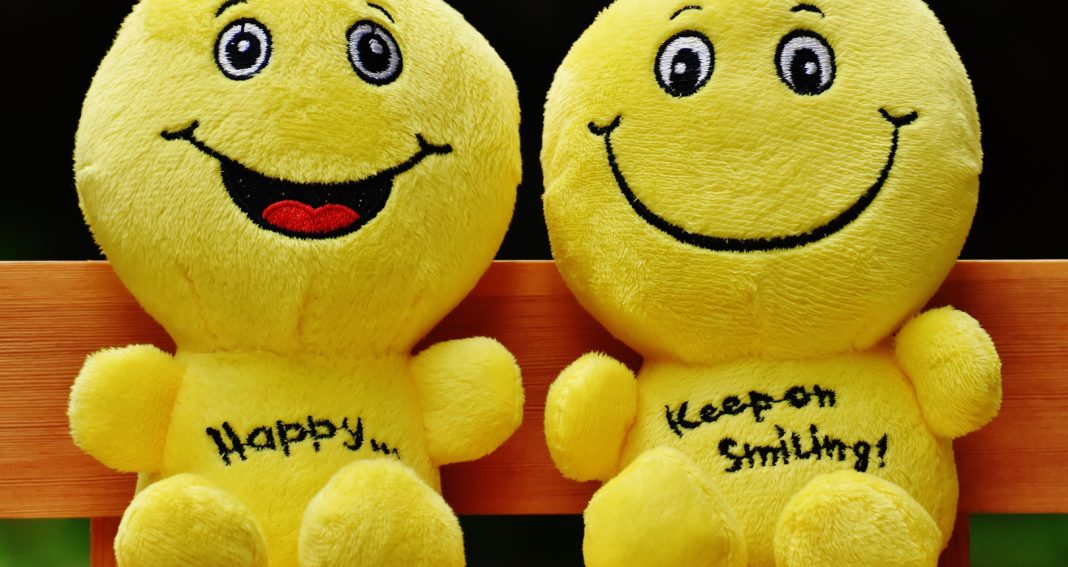A new study caught my eye about the link between emotional labor and alcohol use among customer service workers. When Are Fakers Also Drinkers? by Alicia Grandey, Mike Frone, Robert Melloy, and Gordon Sayre is now available (an overview is on the AAAS Eureka Alert). This paper has been gaining a lot of attention on Reddit Journal of Science.
What Is Emotional Labor?
In many customer service jobs, it is expected that employees put on a happy face for customers, even if they don’t feel the emotions they display. This requirement for emotional labor can have negative effects on employees when the emotions they are displaying are not actually felt. Faking emotions can be stressful, as it requires effort to smile and appear happy when those feelings are not genuine.
Emotional Labor and Alcohol Use
The Grandey study looked at the connection between faking emotions with customers at work and two types of drinking behaviors: heavy drinking and drinking after work. Faking emotions was related to heavy drinking. Employees who faked emotions with customers were more likely to be heavy drinkers. Drinking after work is something many people do to unwind from a stressful job. But here things are a little more complex. A critical element is the amount of autonomy and control employees had over their jobs. For employees who had little control over how they accomplish their jobs, those who faked emotions were more likely than those who did not fake to drink alcohol after work. For those who were allowed control over their jobs, however, there was no connection between faking and alcohol drinking after work.
How Should Companies Manage Emotional Labor?
It is in the best interest of companies and their employees to reduce stress where possible. Although it cannot be totally eliminated, stress can be managed. With customer service employees, it is important to display positive feelings to customers. How that is done, however, can have a big impact on employee well-being. There are three ways to minimize the stress of emotional labor.
- Empower Employees. As this study found, giving employees control over their jobs eliminated the connection between faking and alcohol use. Empowered customer service employees are not required to smile in the face of abusive customers. They are permitted to stand up for themselves, and can rely on supervisors to back them up in dealing with unruly customers.
- Learn to Regulate Feelings. Emotional labor doesn’t have to be about faking emotions. It is also about employees finding ways to genuinely feel the emotions they display. The genuine expression of positive emotions does not have the same negative effects as faking emotions. Employees should be encouraged to find ways to feel good at work.
- Make Work a Happier Place. It is especially important for customer service employees that managers create a positive work environment that makes it easy for employees to feel good about work. Managers need to understand that the best customer service comes from genuinely happy employees, and not from employees who are faking it. This means employees need to be treated well and need to be supported. A positive work environment where employees get along with each other and their managers can make it easier for them to feel the emotions they should display.

Pret A Manger takes this to extreme and dangerous heights. Staff are fear managed to smile, get cash incentives etc.
Suicides and bullying bereaved staff.
What you describe forces employees to engage in surface acting, which is stressful and has detrimental effects.
Yes, thank you. If staff are bereaved or already suffer from depression etc it can be fatal even.